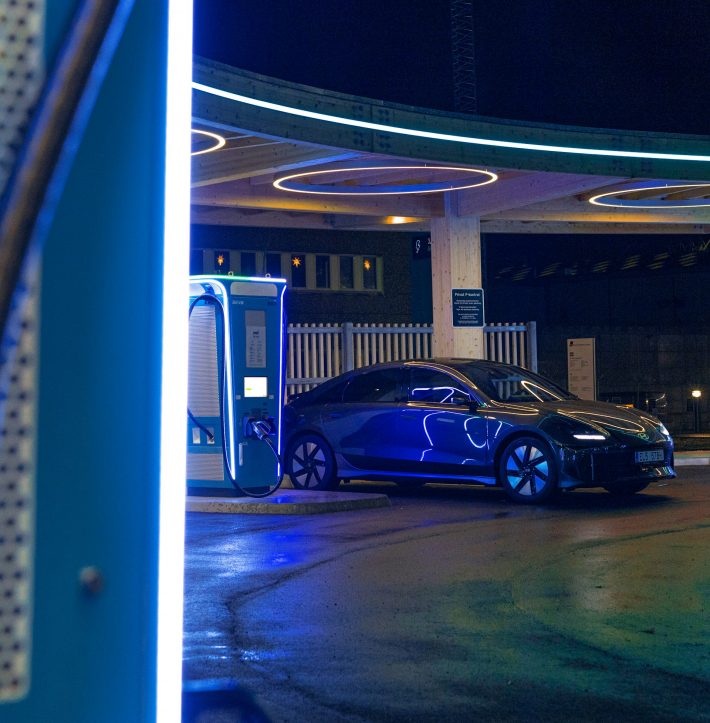There have been impressive efforts in smart city initiatives, but in many circles they are still perceived as merely ‘point solutions’ and raise the question of – “When will we see large-scale, multi-disciplinary implementations?”To which I offer the following:
Have you been to Singapore?
Singapore has a plan to become the world’s first ‘smart nation’. In 2013 Singapore announced an Integrated Infocomm Media Masterplan, with a goal to “establish Singapore as a smart nation that leads the world in tapping the potential of Infocomm and Media (ICM) sectors and that nurtures innovative talent and enterprises.”
If you’ve travelled to Singapore, this is evident all around you. The key is that they identified a problem and then went after it.
The plan represents a combined effort that spans government, the private sector and academia – and outlines five broad strategies:
1. Establishing agile ICM infrastructure,
2. Building strategic ICM sectors,
3. Growing and retaining passionate ICM human capital with required skills,
4. Enabling people and businesses to harness the power of ICM, and
5. Building an R&D ecosystem that supports ICM innovation and commercialization.
Not only are multi-disciplinary implementations being enacted, there’s actually a blueprint available. They have noticed that becoming a smart city is less about undertaking a massive multi-disciplinary project and more about evaluating what ‘smart’ means to each city. To evaluate a smart city from this perspective, I’d offer the following advice.
- Don’t look for a checklist of what qualifies as a smart city. Just as each city has its own commercial centre and areas of importance to its citizenry – each should create its own definition of a ‘smart city’ metric. Stop worrying about defining a smart city holistically, and start with one initiative that matters.
- In order to start – each city should evaluate the impact on quality of life and cost For example, in China one of the main smart city efforts is in telemedicine, while in other cities it may focus on public safety (crime monitoring), or running services at peak efficiencies (i.e. street lighting, traffic control). Each city should make its own determination. To try and put everyone in the same box only delays efforts.
- Leverage existing standards and move beyond protocol concerns. Get beyond protocol paralysis as it can be addressed fairly easily. It’s more important to define the context within which your smart city initiatives will operate. By answering the questions of what needs to be achieved and why, it becomes much easier to agree on protocols and which security practices and standards you’ll need to adopt (see my previous blog on this topic: Smart Security for Smart Cities: The Cloud is the Best Choice to Secure Urban Assets).
- Smart cities will have arrived when we stop talking about them. From my own perspective – smart cities will have ‘arrived’ when we don’t even notice them. We’re almost to the point now when we’re surprised by ‘dumb’ locations. Smart cities have moved further ahead than most of us are really aware – and that’s a good thing. To be candid, I loathe these types of proclamations. Innovation happens when we see a problem and apply creative problem solving. It doesn’t happen when we make overarching demands like “give me a smart city strategy”. We need to define the outcome first.

Joel Young has more than 29 years of experience in developing and managing data and voice communications. He joined Digi International as vice president of engineering in June 2000 and is currently the senior vice president of research and development and chief technical officer. Twitter: @JoelKYoung http://www.digi.com/










